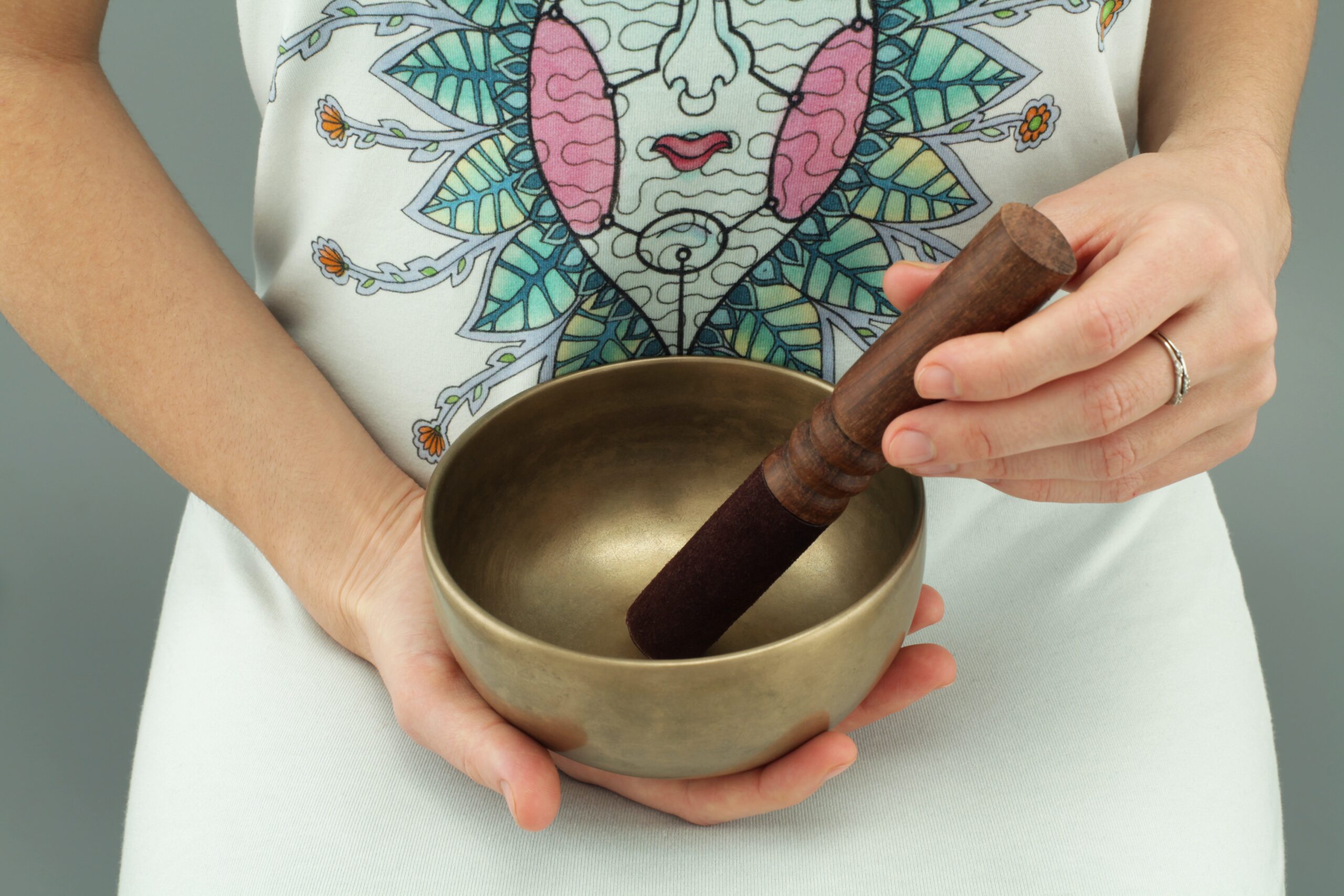Students who are interested in holistic therapy and wellness may learn a lot from the ancient medical system of Ayurveda. This article offers five invaluable ideas to assist you as you begin your journey toward understanding Ayurveda, whether you’re a student studying Ayurveda as a professional path or simply looking to enhance your awareness of this ancient philosophy.
- Immerse Yourself in Ayurvedic Literature and Resources
Engage yourself in Ayurvedic books and resources to start your Ayurvedic study journey. The Samhita Charaka and the Sushruta, which are the cornerstones of Ayurvedic knowledge, are good places to start. To learn more about how Ayurveda is used today, read recent works by reputable professors and practitioners of the discipline. To keep up with the most recent studies, techniques, and advancements in the area, explore internet resources, websites, and publications devoted to Ayurveda. Remember that as you study and learn more about Ayurveda, you will have a better grasp of it and be able to connect the dots between ancient knowledge and modern applications.
- Find a Reputable Ayurveda School or Course
Look for recognized Ayurveda course programs or colleges that provide thorough and real knowledge. Ayurvedic concepts, physiological and anatomical anatomy, diagnostic methods, herbal medicine, lifestyle choices, and therapeutic interventions are just a few of the topics that should be included in the programs you look for. Ensure the program offers hands-on instruction and real-world experience and is acknowledged and approved. Gaining information from seasoned instructors and clinicians will broaden your understanding and give you the assurance you need to successfully use Ayurvedic concepts in everyday situations.
- Seek Guidance from Knowledgeable Mentors
As an Ayurveda student, establishing relationships with qualified mentors is essential for your development. Look for knowledgeable Ayurvedic practitioners, medical professionals, or lecturers who can direct you along your journey. Participate in conversations, enquire about their experiences, and ask questions. Numerous Ayurvedic practitioners provide workshops, training programs, and mentoring programs where you may get one-on-one instruction and insight. Having a mentor can make it easier for you to understand the complexities of Ayurvedic learning, give you individualized guidance, and motivate you to do well in your classes. Additionally, they can provide useful advice they have picked up on their own Ayurvedic path.
- Embrace Self-Care Practices
Self-care is highly valued in Ayurveda as a way to preserve balance and advance well-being. Self-care techniques from Ayurveda may be incorporated into your everyday routine to strengthen your relationship with this age-old knowledge. Start with easy exercises like tongue scraping, oil pulling, and abhyanga (self-massage). Discover the six flavors, appropriate meal pairings, and Ayurvedic dietary recommendations. But you are getting enough sleep, working out often, and practicing stress-reduction strategies like Pranayama (breathing techniques) and meditation first. You will be able to personally benefit from these practices for your health while also learning more about how Ayurveda works to build harmony and balance in both mind and body.
- Cultivate Awareness and Observation
For a student of Ayurveda, mindfulness and observational skills development are vital. Be conscious of your surroundings and pay close attention to your body, thoughts, and emotions. Take note of how certain diets, lifestyle decisions, and environmental elements affect your health. Pay attention to the seasonal characteristics and how they affect your health and vitality. Be aware of the distinctive constitutional characteristics and imbalances of those around you.
By developing your observational abilities, you may improve your awareness of the principles of Ayurveda and develop the capacity to modify treatments and suggestions based on a patient’s requirements. Your ability to spot patterns and draw connections can also assist you in providing more individualized advice to people who seek out your Ayurvedic knowledge.
Conclusion
Starting along the path of discovering Ayurveda is a life-changing and rewarding endeavor. You may prepare for a fruitful and successful journey in Ayurveda by immersing yourself in the Ayurvedic literature, locating a respected school or course, getting advice from qualified mentors, adopting self-care practices, and developing awareness and observation abilities. Remember that Ayurveda is a way of life that you should embody and spread to others to promote health, equilibrium, and well-being for you and those surrounding you.




